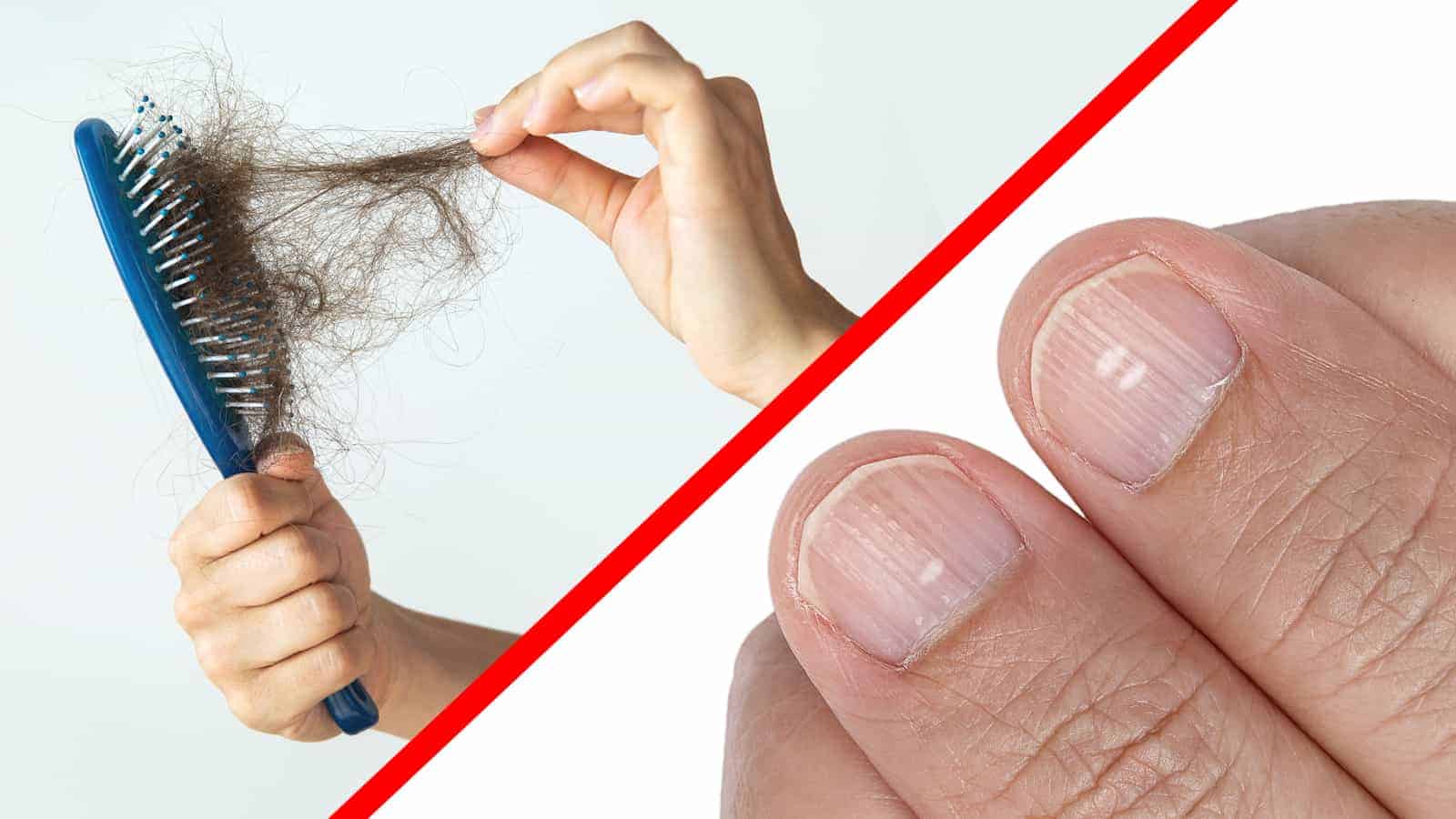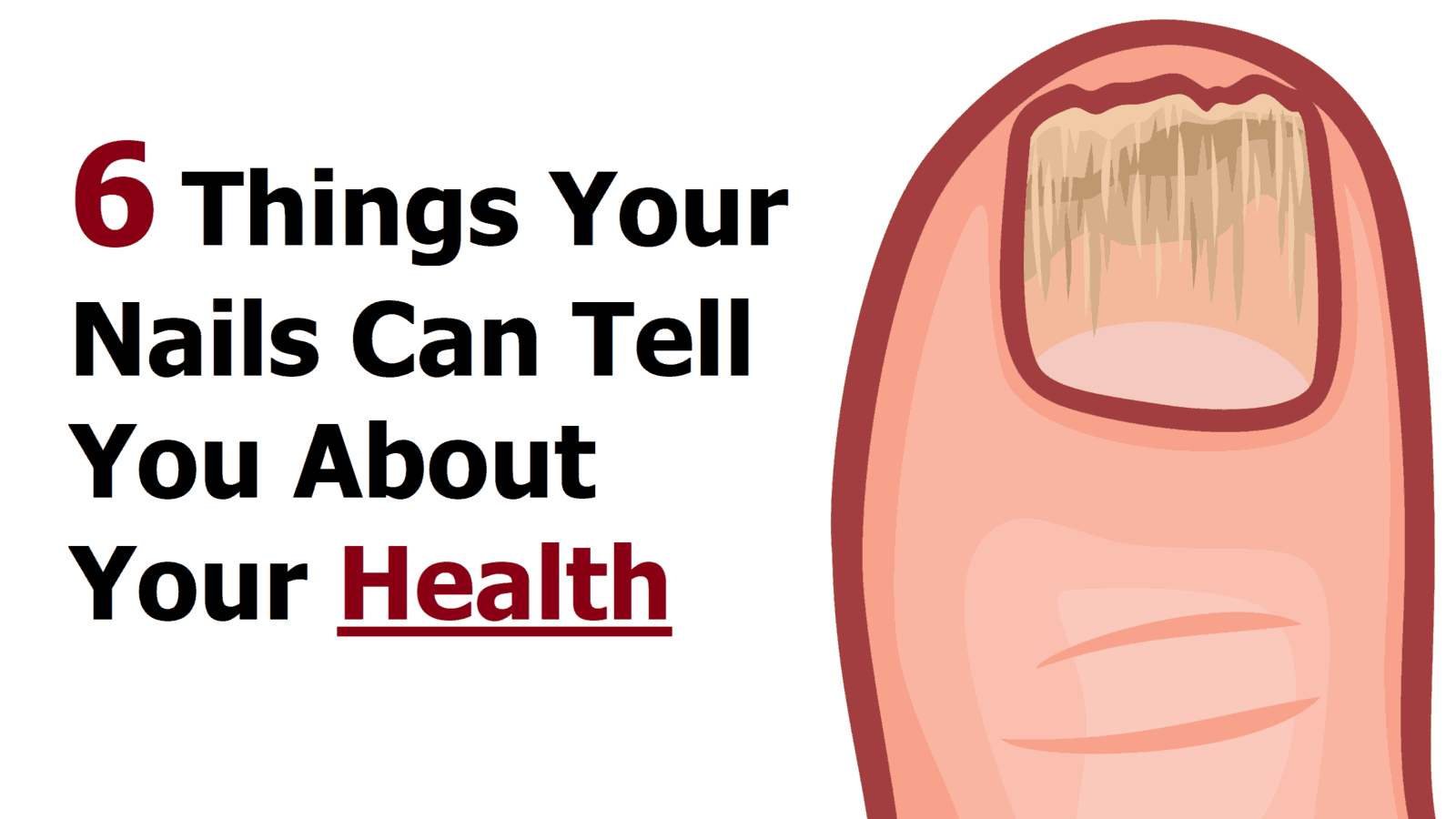A vitamin deficiency spells bad news for anyone’s system. It can cause a variety of illnesses and make you feel unwell, tired, or unusual. Basically, not getting enough vitamins can lead to less-than-ideal daily performance.
A balanced diet is crucial to bodily health. The food you eat should provide you with all the nutrients you need, including recommended vitamin dosages. The problem is that, if you’re not paying attention, it can be easy to miss a few necessary vitamins here and there.
But how can you tell if you’re lacking some essential nutrients? The answer is simple: by paying attention to your body. Here are some signs of chronic vitamin deficiency in women and how to alleviate them.
Here Are 5 Signs Of Chronic Vitamin Deficiency In Women
1. Deteriorating mouth health
Declining mouth health can be a direct sign of vitamin deficiencies. Here are some areas to keep an eye out for.
· Ulcers
Otherwise known as canker sores, ulcers are very commonly caused by iron deficiencies as well as a lack of B vitamins. This is so prevalent that a study found that those with these ulcers have twice the chance of being iron deficient, even minorly.
The B vitamin deficiencies most commonly associated with mouth ulcers are vitamin B2, also called riboflavin; vitamin B1, also called thiamin; and vitamin B6, also called pyridoxine.
· Cracking, bleeding, or splitting
Known medically as angular cheilitis, splitting and bleeding around the corners of the mouth can be a result of low iron and B-vitamin levels. This is especially true for vitamin B2 or riboflavin.
Keep in mind that angular cheilitis can also be caused by dehydration or dryness. As such, if you only experience this and no other symptoms, you may simply need to drink more water.
· Gum bleeding
Gum issues are most commonly caused by too-low vitamin C consumption. This is because the body doesn’t produce this vitamin naturally, so it must be eaten to keep health up.
Vitamin C boosts the body’s positive ability to heal and protect itself against diseases. As such, insufficient vitamin C consumption can lead to painful gums that bleed easily. Don’t take this lightly, as up to 17% of the population is vitamin C deficient.
Do note that being too harsh when brushing teeth can also cause gums to bleed, as can leftover food sediments that breed gum infections. If you only experience gum bleeding, speak to a dentist or swap your toothbrush for one with softer bristles. To combat these symptoms, consume iron-rich foods such as:
- Nuts
- Meat
- Fish
- Legumes
- Poultry
- Seeds
- Dark greens and leafy greens
- Whole grains
You can also consume B-vitamin rich foods, including:
- Dairy
- Fish
- Poultry
- Nuts
- Meat
- Organ meat
- Eggs
- Green vegetables
- Starchy vegetables
- Legumes
- Seeds
For gum problems, opt for foods rich in vitamin C, mainly fresh veggies and fruits. Don’t forget to eat at least 3 servings of veggies and 2 servings of fruit daily. Remember that severe vitamin C deficiency can result in scurvy. More severe warnings that you aren’t getting enough vitamin C include:
- Loss of teeth
- Scaly skin
- Weakened bones
- Weakened muscles
- Increased nosebleeds
- Frequent bruises
- Frequent sickness
- Lethargy
- Decreased wound healing speed
- Fatigue
2. Restless leg syndrome
Willis-Ekbom disease, more commonly known as RLS or restless leg syndrome, is a condition of the nerves. Essentially, it is characterized by discomfort that occurs in the legs, which leads to a desire to move them around. Usually, this is a behavior that is compulsive and can’t be resisted.
Approximately 10% of individuals in America experience RLS and women are at a higher risk of experiencing it. If you have RLS, you might get your worst episodes when relaxing, especially if you’re trying to go to sleep.
Unfortunately, RLS is not a comprehensively understood disease, so doctors have yet to uncover for certain exactly what causes it. But links have been discovered that suggest the levels of iron in one’s blood may be the underlying cause beneath this.
In addition, consuming additional vitamin C may be helpful as it can help the body more easily absorb iron to aid chronic vitamin deficiency. If you’re eating enough iron but skimping on vitamin C, the positive effects of iron will not reach its full potential.
Iron-rich foods include:
- Nuts
- Meat
- Fish
- Legumes
- Poultry
- Seeds
- Dark greens and leafy greens
- Whole grains
Vitamin C-rich foods include:
- Fresh fruits
- Fresh vegetables
3. Eye health deterioration
No one wants to experience vision problems. If you’ve noticed your eye health deteriorating, it could be a sign of vitamin deficiency.
One of the most common causes of vision problems is a lack of vitamin A. And one of the most common vision problems that comes from too little of this nutrient is something called night blindness. As the name suggests, this means you may have trouble seeing properly in low light conditions.
Why does this happen? Vitamin A is a key component in the production of a pigment called rhodopsin. Rhodopsin sits in the retinas and helps night vision. If you’re not producing enough of this pigment and you don’t make an effort to treat it with vitamin A intake, not only will you not be able to see well at night, but your eyes could also get worse.
Untreated vitamin A deficiencies can lead to xerophthalmia. This disease causes damage to the corneas and may cause blindness. One of the most common symptoms of the beginning stages of xerophthalmia are spots known as Bitot’s spots. These are little white growths that appear foamy and elevated in the eye’s whites.
Speak to an eye specialist if needed, as treatment can remove these growths. However, treating your vitamin deficiency is the only way to completely and permanently remove Bitot’s spots.
The best foods to eat to improve your lack of vitamin A are:
- Dark, leafy green vegetables
- Eggs
- Dairy
- Organ meat
- Yellow vegetables
- Orange vegetables
- Fish
Do keep in mind, though, that excessive vitamin A consumption is toxic. As such, you should steer clear of most supplements for this nutrient. Excess vitamin A is stored in the body’s fat and may lead to toxicity. Symptoms include:
- Headaches
- Skin irritation
- Nausea
- Bone pain
- Joint pain
- Loss of consciousness
4. Bad nail and hair health
Nails and hair are closely linked together. Usually, symptoms that affect one of these body parts will often affect the other as well. There are lots of potential causes behind declining health of hair and nails, but a B7 vitamin deficiency, otherwise known as a biotin deficiency, is a fairly common one.
Biotin is the vitamin responsible for food conversion, changing it into energy for the body. If you have a chronic vitamin deficiency in biotin, you may notice brittle nails and brittle hair. These two parts of the body may split, thin, or break easily.
Other symptoms of biotin deficiency include:
- Cramps
- Tingling in extremities
- Pain in muscles
- Fatigue
- Chronic fatigue
A deficiency in biotin is rare, but if you have a higher risk of developing it if you:
- Smoke and/or drink heavily
- Have a digestive disorder
- Are currently pregnant
- Use anti-seizure medications
- Eat raw egg whites
If you need more biotin in your diet, consume a 30 mg biotin supplement under a doctor’s supervision, or eat foods such as:
- Nuts
- Meat
- Organ meat
- Fish
- Seeds
- Broccoli
- Spinach
- Sweet potatoes
- Bananas
- Fish
- Cauliflower
- Whole grains
- Yeast
- Dairy
Another symptom of a vitamin deficiency visible in hair health is dandruff or scaly areas on the scalp that lead to flaking or itchiness. These scaly, itchy areas – known medically as seborrheic dermatitis – may also show up on the:
- Face
- Groin
- Armpits
- Chest
There are a variety of possible causes for these issues, but chronic vitamin deficiency is certainly one of them. Too little zinc can result in these hair problems, and B-vitamin deficiencies are also very common causes.
The vitamins typically lacking in these cases are vitamin B2, known as riboflavin; vitamin B3, known as niacin; and vitamin B6, known as pyridoxine.
Foods you can eat that will give you more vitamin B2, B3, and B6 include:
- Green vegetables
- Starchy vegetables
- Poultry
- Fish
- Meat
- Organ meats
- Eggs
- Legumes
- Nuts
- Dairy
- Seeds
For more zinc, you can consume:
- Nuts
- Meat
- Legumes
- Seafood
- Whole grains
- Dairy
Some vitamin deficient women may also experience hair loss, something that nearly half of all women experience as they age. If you experience this, you may be deficient in:
- Vitamin B3, or niacin
- Vitamin B7, or biotin
- Zinc
- Linoleic acid
- Iron
If you are confirmed to be deficient in these nutrients, taking hair-loss prevention supplements may help as they provide a mix of the necessary components.
5. Skin bumps and issues
One less common sign of chronic vitamin deficiency that is still worth keeping an eye out for are small bumps on the skin. This is known as keratosis pilaris. It’s a condition that causes small red or white bumps that look like gooseflesh to show up on the backside, arms, thighs, and cheeks. Sometimes, these bumps come with ingrown hairs.
It’s not 100% certain why these bumps pop up, but usually, it’s assumed that it’s a result of an excess of keratin made from follicles. Though there are genetic causes behind this, chronic vitamin deficiencies in vitamins A and C are thought to cause keratosis pilaris.
The best foods to eat to improve your lack of vitamin A are:
- Dark, leafy green vegetables
- Eggs
- Dairy
- Organ meat
- Yellow vegetables
- Orange vegetables
- Fish
The best foods to eat to improve your lack of vitamin C are:
- Fresh fruits
- Fresh vegetables
Final Thoughts On The Signs Of Chronic Vitamin Deficiency In Women
Serious vitamin deficiencies may be rare today, but missing out on hitting daily vitamin requirements can have adverse effects on the body. It can affect your physical fitness, immune system, and various body parts. It can even affect your mental health, resulting in decreased positive thinking and loss of productivity.
In order to prevent these negative symptoms, look out for the signs of chronic vitamin deficiency in an effort to keep yourself healthy. Taking a balanced amount of each vitamin – not too little or too much – will work wonders for your body.
If you notice highly severe symptoms, don’t forget to visit a doctor for a check-up! And of course, never to take vitamin supplements without a doctor’s approval first.














 Community
Community

